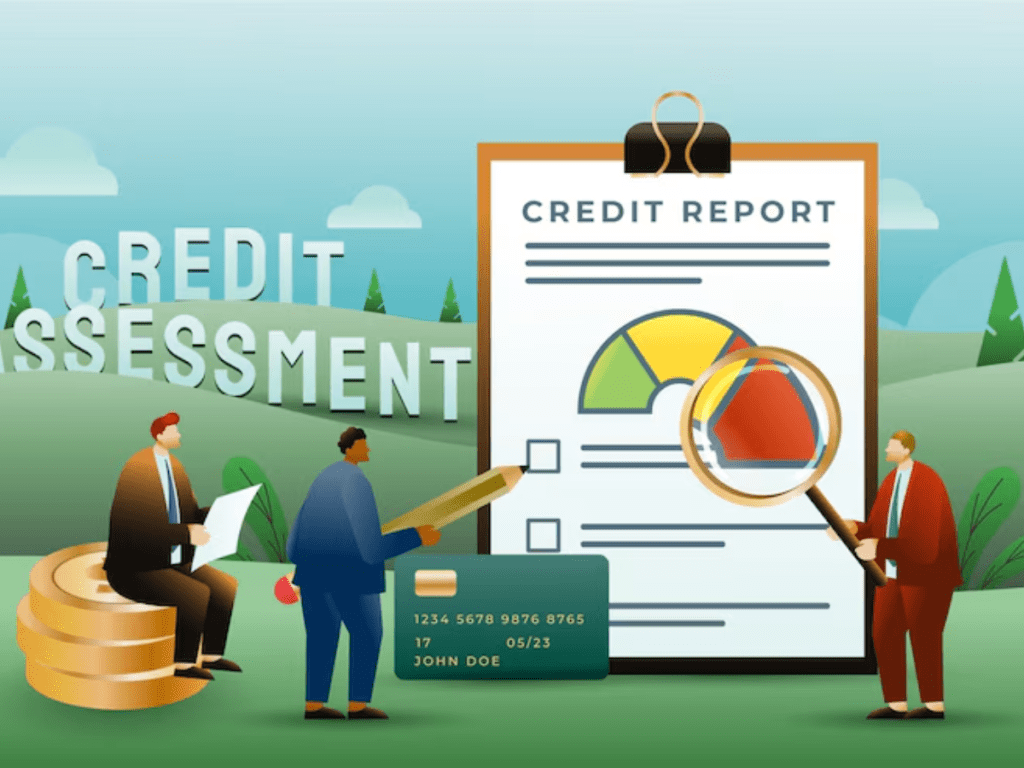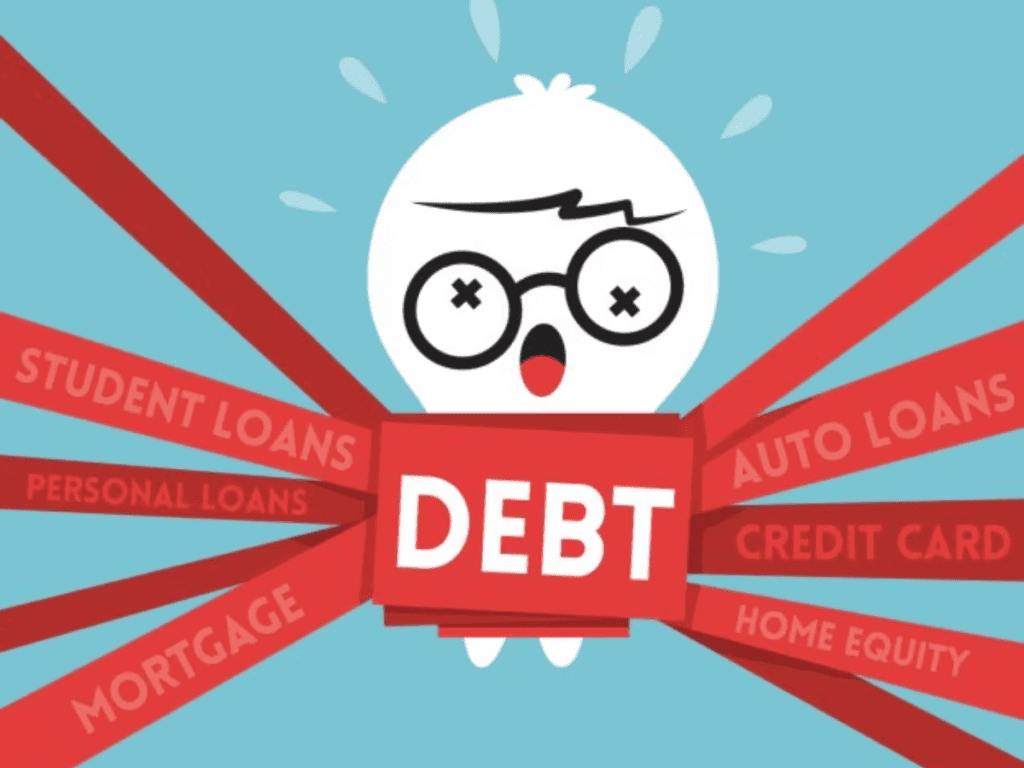Introduction
Personal debt management can frequently seem like an endless battle. If you’ve ever had to juggle numerous credit card accounts, personal loans, or other debts, you understand how stressful it can become. It’s simple to lose yourself in a sea of due dates, interest rates, and minimum payments. To add to all this, numerous people get entangled in debt traps, further aggravating the situation. Those seeking an exit, however, have found relief in the debt snowball system as a method of taking control of their money. While useful for some, though, it is not always the most efficient financial remedy. If you are attempting to pay off debt rapidly and effectively, there can be a more effective method: the single consolidation loan. This tactic enables you to consolidate several debts into one repayment, maybe cutting the amount of interest you pay and freeing you from debt sooner. This piece will detail how a debt snowball works, the problems that it creates, and why a consolidation loan might be a better option for breaking the cycle of debt.
Getting to Know the Debt Snowball Process
The debt snowball process is a debt reduction plan where you pay off your smallest debts first, making minimum payments on the bigger debts. The idea is to create momentum and motivation as you knock out smaller debts. Once you’ve paid off the smallest debt, you roll the money you were paying on that into the next smallest debt. In this way, you increase the amount you are paying on each succeeding debt, and this creates a “snowball” effect which makes it easier to pay off larger debts. The psychology behind the debt snowball technique is the motivation to see debt after debt eliminated.
With rapid satisfaction of smaller debt obligations, you’ll feel a sense of achievement, which can propel you towards consolidating your other debts. This swift improvement can be a source of relief and expectation in case you’re worried about the magnitude of your overall debt. It can also impart a positive attitude towards your debt repayment process, making it easier for you to remain committed to your targets.
The Flaws of the Debt Snowball Approach
While the debt snowball approach may be motivational, it has a number of flaws that might make it a suboptimal option for most individuals. These flaws have the potential to extend how long you take to pay off your debt and the total cost you pay. Some of the major problems with the debt snowball approach are as follows:
- Higher Overall Interest Costs: One of the most critical issues with the debt snowball method is that it usually results in paying more interest over time. By targeting smaller debts first, you might be delaying the payment of larger debts that have a higher interest rate. Higher-interest debts, like credit card balances, can accrue huge interest over time, causing you to pay more than if you had attacked the larger, higher-interest debts first.
- Gradual Progress on High-Interest Debts: If you have a number of high-interest debts with big balances, the snowball method may take longer to eliminate those balances. Since the method emphasizes paying off smaller debts first, you may be left paying high-interest rates on big debts for an extended time, which is not financially efficient.
- Emotional Fatigue: While the debt snowball strategy’s method of attack on lower-dollar debts might be motivating in the short term, this approach may not translate to the long term. When you get to larger debts, the dollar amount you need to pay each month could escalate, potentially causing frustration or burnout. The psychological stress of seeing high-rate balances accrue even with your best efforts can erode your motivation to continue the process.
- Limited Financial Flexibility: Focusing on paying off small debts before large debts doesn’t leave much flexibility in your budgeting. Being unable to quickly pay off large debts leaves you with high monthly financial costs, taking away from your ability to prioritize other financial matters, like saving for the future or dealing with emergencies.
Why a Debt Consolidation Loan is a Smarter Choice
While the debt snowball works for some, it’s not necessarily the best for all.
If you need to cut your debt in a hurry, a debt consolidation loan could be your solution. With this strategy, you take out a loan and use it to pay off your current debts, rolling them all into one low payment with the possibility of a lower interest rate. The main benefit of a consolidation loan is that it streamlines your debt repayment process, which can save you money and time. Here’s a closer examination of why a consolidation loan can be a wiser option when attempting to pay off debt.
Streamlined Debt Management
The first advantage of utilizing a consolidation loan is that it streamlines your debt management.
Instead of juggling multiple different accounts with different interest rates, payment dates, and balances, you can concentrate on only one loan. This avoids the confusion and stress associated with managing multiple creditors, and it is easier to keep things in order and on schedule. With just a single bill to handle, you will find it less complicated to evade late payments and fees, which can go further in diminishing your debt as well as raising your credit rating.
Lower Interest Rates
Yet another tremendous benefit of consolidation is the potential for getting a lower interest rate on your loan.
Credit cards and personal loans have high rates of interest attached, which could, over a long period, dramatically increase what you owe. By rolling over your debts into one loan at a lower interest rate, you decrease the amount of money that is spent on interest, freeing up more of your monthly payment to go toward the principal balance. This can help accelerate your debt repayment and have you out of debt sooner.
Better Credit Score
By rolling all of your debt into one loan and making timely payments, you can enhance your credit rating.
Credit factors that influence credit scoring include your credit utilization rate, payment history, and the number of accounts that are open. By consolidating debt, you can reduce your credit utilization rate, the percentage of credit you use in relation to the total credit available. This reduction can positively affect your credit score. Furthermore, through making regular, on-time payments on your consolidation loan, you show responsible financial conduct, which also works to increase your credit score in the long run.
More Structured Road to Financial Independence
Debt consolidation offers a more organized repayment schedule, which can result in a more clear road to financial independence.
With one loan and one fixed payment amount, you’ll have a clearer idea of when your debt will be completely paid off. This format avoids the confusion and uncertainty that can come with attempting to pay off multiple debts, enabling you to gain control over your finances. By adhering to a repayment plan, you can pay off your debt in a more predictable and manageable fashion.
Staying Out of Additional Debt
One of the biggest dangers when trying to pay down debt is the temptation to incur more debt.
After consolidating your existing debt into a single loan, it’s crucial to avoid using your credit cards or taking out additional loans. A consolidation loan provides an opportunity to break free from the cycle of accumulating debt. But if you keep accumulating new debt, the consolidation loan will be a temporary solution at best, and you might be in the same financial situation again down the road.
How to Use a Debt Consolidation Loan Effectively
Borrowing a debt consolidation loan can be a powerful tool for getting out of debt, but it will only work if you use it properly. Here are a few tips for using your consolidation loan for your benefit and realizing its full potential:
Evaluate Your Complete Debt
Before you apply for a consolidation loan, sit down and calculate the overall amount of debt you owe. Write down all your debts, such as credit cards, personal loans, medical expenses, and any other debt. Having a clear idea of how much you owe will allow you to figure out how much you need to borrow for consolidation and avoid under or over-borrowing.
Shop Around for the Best Loan Terms
Not all consolidation loans are the same. It is important to compare loan offers and shop around for the best interest rates, terms, and fees. Banks, credit unions, and online lenders can provide various loan products with different interest rates and repayment terms. By comparing loan options and doing research, you can obtain the most beneficial terms and not take on extra debt in the form of high fees or undisclosed charges.
Check Your Credit Score
Your credit score will have a lot to do with the interest rate and terms of your consolidation loan.
The higher your credit score, the lower your interest rate will likely be, which can save you money in the long run. If your credit score is low, take steps to improve it before you apply for a loan. You can work on paying down small balances, making on-time payments, or clearing up any inaccuracies on your credit report to raise your score.
Use the Loan to Pay Off Existing Debts
Once you obtain your consolidation loan, apply the funds towards settling your outstanding debts at once. Make sure that you settle all your credit cards, loans, and any other debt that you are consolidating. Subsequently, you should only deal with repaying the consolidation loan and refrain from further borrowing.
Stick to the Repayment Plan
Keeping up with your loan payments is essential to effectively paying off your debt. Establish automatic payments so you never miss a payment due date, and avoid the urge to accumulate more debt. Treat the consolidation loan as you would any other bill and place it at the top of your budget. Through regular payments, you’ll eventually whittle down your debt and better your financial position.
When Should You Look Elsewhere?
While a debt consolidation loan is ideal for most, it’s not necessarily the solution every time. If you are in one of the following scenarios, it could be better to explore other solutions:
- Low Credit Score: If your credit score is not low enough, you may not get a consolidation loan with good terms. You could then opt for other options like credit counseling, debt management plans, or even debt settlement.
- Inability to Afford Payments: If you’re already struggling to make ends meet, taking on a consolidation loan might not offer enough relief. In this situation, seeking financial counseling or exploring options like a bankruptcy filing could provide more sustainable debt relief.
- Ineligibility for Consolidation: Some types of debt, like federal student loans, may not be eligible for consolidation. Be sure to check which debts can be consolidated before pursuing this option.

